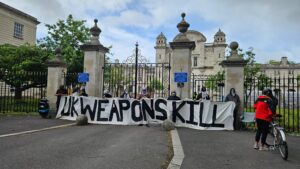UK universities offered to monitor students’ social media for arms firms, emails show
Published on 08 October 2025
Pro Palestine supporters blockading Cardiff University Main Building, Cardiff, 28th May 2025. Credit: Penallta Photographics / Alamy

A teaching union said student protesters "should be supported by universities, not surveilled by them".
By Aaron Walawalkar for Liberty Investigates and Daniel Boffey for the Guardian.

